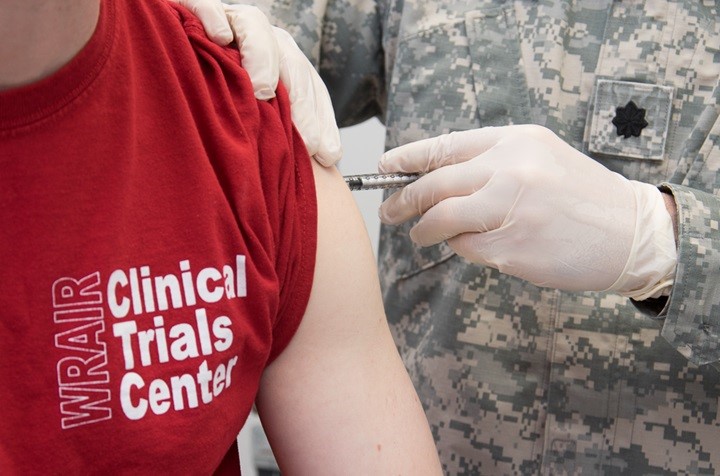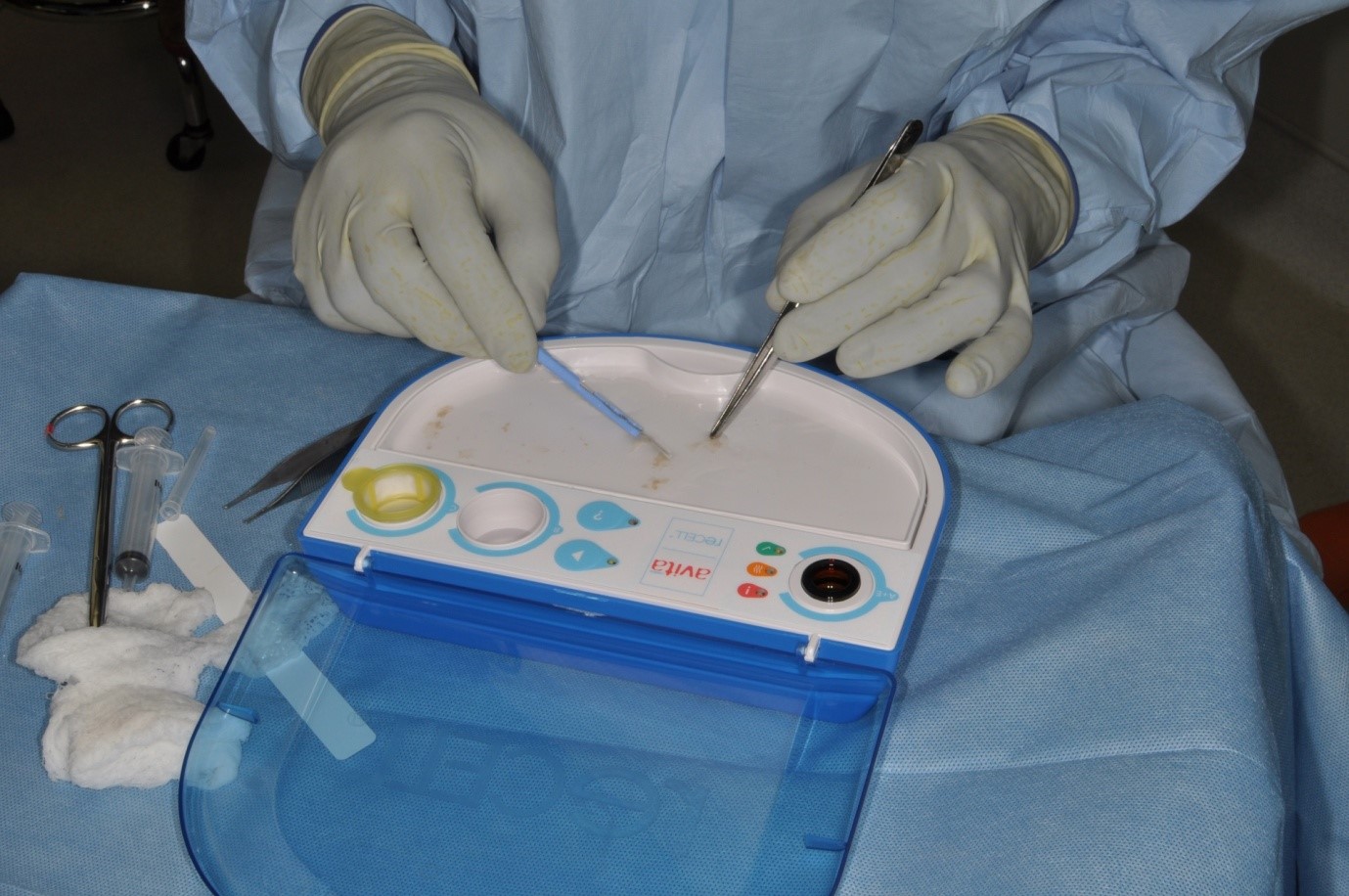A beginner’s guide to adaptive clinical trials

Your Commercial Kitchen could be Greener
January 24, 2020
A short history of St Patrick’s Day parades
January 25, 2020Adaptive clinical trials sound very complicated and technical – but are they? Let’s take a look.

These are simply clinical trials that allow for prospectively planned modifications to enable data to be gathered and evaluated from subjects participating in the clinical trial. The primary purpose of the trials is to design, collect, decide and act, thereby improving efficiency.
What might be adapted?
There isn’t a definitive list for those wishing to carry out adaptive phase one clinical studies, but here are some features that might change during the lifecycle of the study:
– Sample size.
– Population of interest.
– Treatment arms.
How can we be sure these are safe?
What is and what is not allowed is strictly monitored so that only prospectively planned modifications are allowed. This ensures that all changes are legal, legitimate and safeguard the integrity of the trials; after all, no one wants to go to the trouble of conducting a ground-breaking clinical trial only for it to be deemed void because the proper safeguards were not in place.

Why carry out an adaptive clinical trial?
Efficiency and maximising the chances of success are key when it comes to adaptive phase 1 clinical studies. Scientists and clinicians want to use the data that has been accumulated to learn fully. The purpose of adaptive trials is to enhance the process rather than as a fall-back position when things go wrong.
Key considerations when carrying out a trial of this nature
Planning and the amount of available time are critical factors when determining whether to use the adaptive rule, which requires multi-level planning and needs to include a wide range of professionals, including statisticians. If the primary objective is to be achieved, it is essential that it is fully understood by everyone involved.
The importance of adaptive phase 1 clinical studies
There is pressure from collective governments – and the prevalence of austerity – to achieve value for money, which means an expectation to deliver more with less funding.
There are also practical considerations to planning trials that can be adapted:
– To reduce the number of patients dropping out of the trial.
– To ease the burden on both professionals and patients.
Adaptive trials can reduce:
– The number of patients needed for a trial.
– The duration of a trial, making participation easier.
Warning: Trying to access array offset on value of type null in /home/speakyma/public_html/checkyourhud.com/wp-content/themes/betheme/includes/content-single.php on line 286



